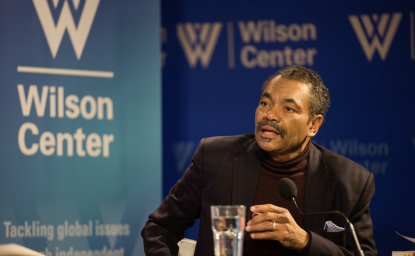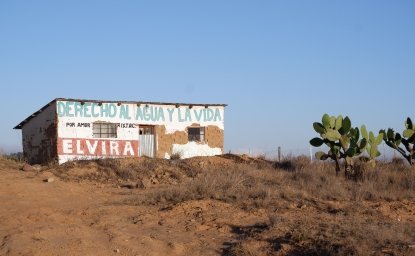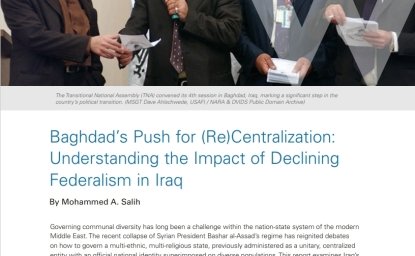#142B Indian Class and Class Consciousness in Pre-Revolutionary Guatemala

By Carol A. Smith
From the Abstract
When asked who were their oppressors, what is their class position, what is the nature of stratification in their society, Guatemalan Indians will invariably point to the structural polarity between ethnic groups-Indians and ladinos--rather than to any other division that the outside analyst might see or want to impose. If further pressed about particulars, relations of an Indian worker to a wealthy Indian artisan or landholder, or about a neighboring community of ladino smallholders whose economic conditions of extence seem indistinguishable from those of the Indian community, the Indian speaker will doggedly maintain that ethnicity overrides class, that the oppressors are ladinos not capitalists, that the wealthy Indian is still a member of a community while the poor ladino is not. This essay seeks to explain why Guatemalan Indians think the way they do about social relations. To do so, it will have to deal with the material and objective conditions of Indians and ladinos as well as the historical and subjective meaning of these social and cultural categories.
Indians' participation in Guatemala's revolutionary struggle gave special importance to these issues. Guatemalans of all political persuasions considered Indians unlikely candidates for any kind of political struggle until the late 1970s, when Indian political action belied this assessment. Was the widespread assumption of Indian political passivity without foundation? Had a radical change taken place in the material circumstances or in the class consciousness of Guatemalan Indians in recent years? Is this basically an ethnic conflict--the "race war" that Guatemalan ladinos have long feared? If so, what is the meaning and likely outcome of a revolution based on ethnic rather than class consciousness of oppression? If not, what changed Indian consciousness so that they now understand their oppression in class terms? These questions dominate discussions of the Guatemalan revolution on both the left and right: the "Indian" question has become the central issue guiding both revolutionary and counterrevolutionary theory and practice.

Latin America Program
The Wilson Center’s prestigious Latin America Program provides non-partisan expertise to a broad community of decision makers in the United States and Latin America on critical policy issues facing the Hemisphere. The Program provides insightful and actionable research for policymakers, private sector leaders, journalists, and public intellectuals in the United States and Latin America. To bridge the gap between scholarship and policy action, it fosters new inquiry, sponsors high-level public and private meetings among multiple stakeholders, and explores policy options to improve outcomes for citizens throughout the Americas. Drawing on the Wilson Center’s strength as the nation’s key non-partisan policy forum, the Program serves as a trusted source of analysis and a vital point of contact between the worlds of scholarship and action. Read more

Explore More
Browse Insights & Analysis
Latin American Program Working Paper Series (101-150)

Dr. Maurice Jackson: The Sounds of Resistance Throughout History

